Prevent Mosquito Bites & Transmission of Mosquito-Borne Diseases
Public participation is an important component of any successful mosquito management program and can make a significant difference in local mosquito populations. Remember, almost any water that stands for more than 5 days has the potential to produce mosquitoes, and it takes very little water to produce a large number of these pests. If each person does everything they can to protect themselves and their families, and eliminate standing water, it can help reduce the mosquito problem for everyone.
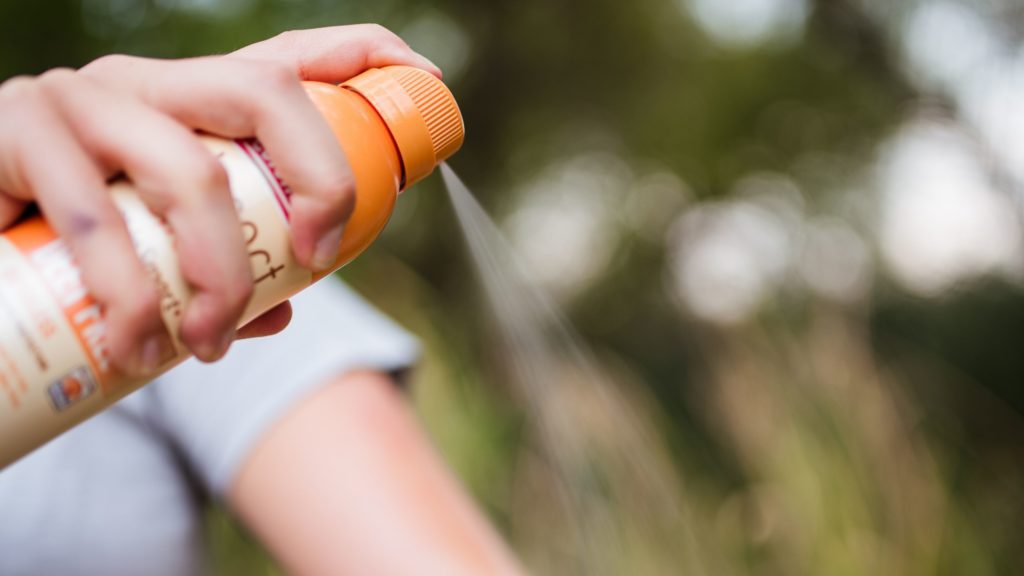
Protect Yourself and Remove Mosquito Habitat on Your Property
VDCI encourages people to take the below actions to protect themselves from being bitten by mosquitoes and reduce larval mosquito habitat on their property.
Your Mosquito Prevention Checklist:
For You:
Use EPA-approved repellents on skin and clothing (always follow product label directions for use).
Wear long sleeve shirts and long pants that are loose fitting for extra protection.
If you are outdoors at dusk and dawn, when many mosquito species are most active, protect yourself.
Encourage friends, family, and neighbors to follow these recommendations also.

For Your Lawn:
Keep grass cut and shrubbery trimmed near the house where adult mosquitoes may rest.
Water lawns and gardens carefully to prevent water from standing for more than five days.
Keep drains, ditches, and culverts clean of weeds and trash so water can flow properly.
Fill in, or drain, low spots (puddles, ruts, etc.) in the yard where water collects.
Fill in tree holes and hollow stumps that hold water with sand or concrete.
Stock ornamental pools with top feeding predacious fish species such as minnows.
For Your Residence:
Clean debris from rain gutters to allow proper drainage.
Check around outdoor faucets and air conditioner units and repair leaks or puddles.
Check window and door screens to ensure they are in good condition and seal tightly.
Eliminate seepage from cisterns, cesspools, and septic tanks.
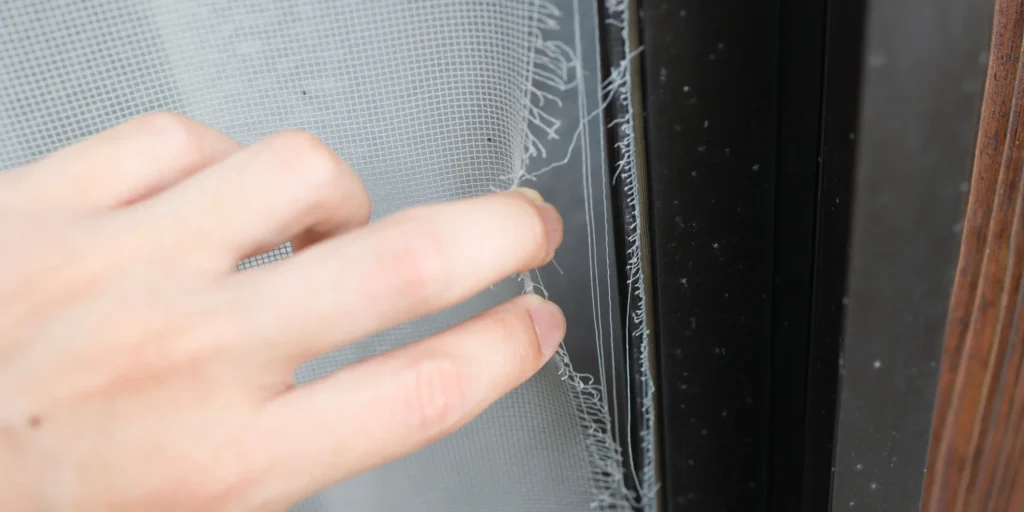
For Your Outdoor Recreational Equipment and Children’s Toys:
Canoes and Boats: Store small boats upside down. Cover large boats tightly.
Make sure that coverings (boats, pools, compost piles, etc.) are pulled tight and sloped to allow water to drain.
Empty plastic wading pools at least once per week and store indoors when not in use.
Make sure your backyard pool is properly cared for while away from the home.
Drill holes in the bottom of tire swings to allow any water to drain.
For Your Utility and Decorative Containers:
Cover trash and recycling containers to keep out rainwater.
Dispose of old tires, cans, buckets, bottles, or any other water holding containers.
Change the water in pet bowls, birdbaths, plant pots or drip trays at least once per week.
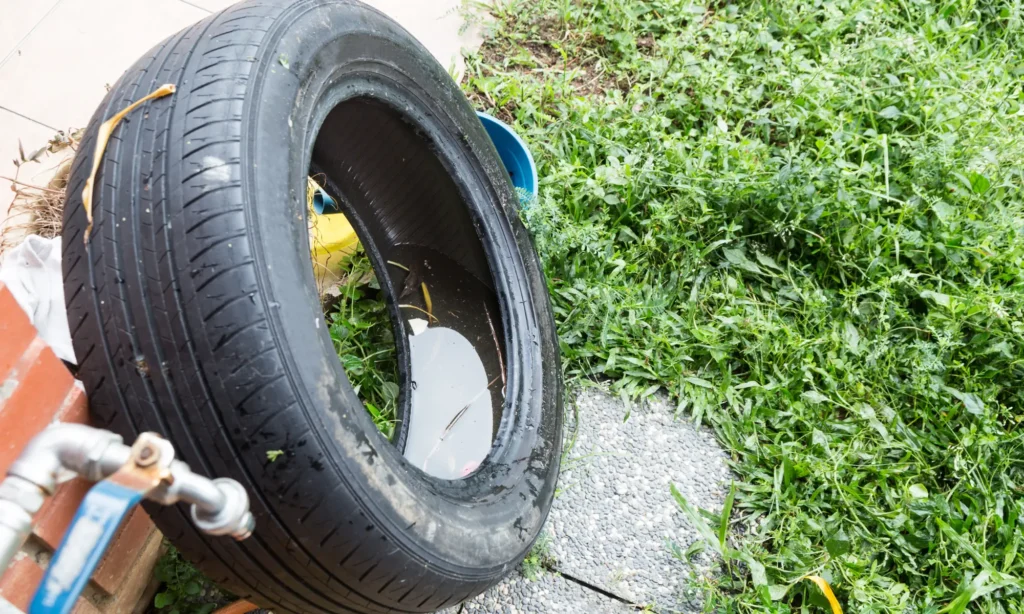
Learn More About Where Mosquitoes Breed
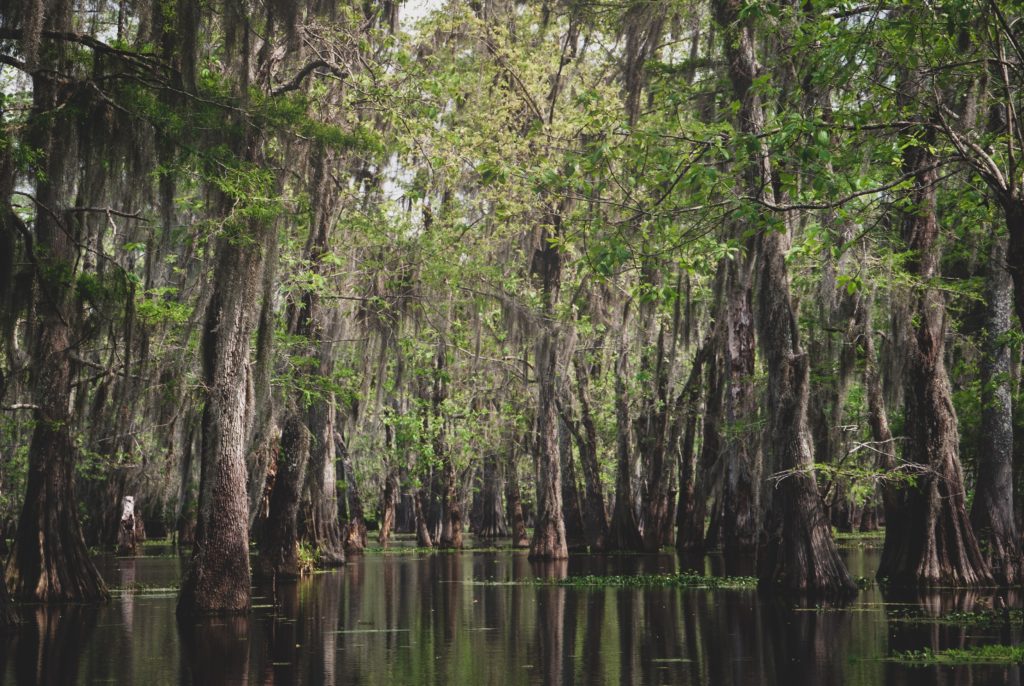
Mosquitoes are easily some of the most adaptable and persistent animals on the planet. They are found on every continent except Antarctica, from the hottest deserts and rainforests to the icy tundra of the Arctic Circle. Essentially, if there is standing water with enough nutrients to sustain the development of their larvae, there is a good chance that mosquitoes will be there, and while some species have adapted to very specific larval habitats and environments, for others, almost any stagnant water will do. Learn more here: Larval Mosquito Habitat.
Resources to Learn More About Personal Repellents
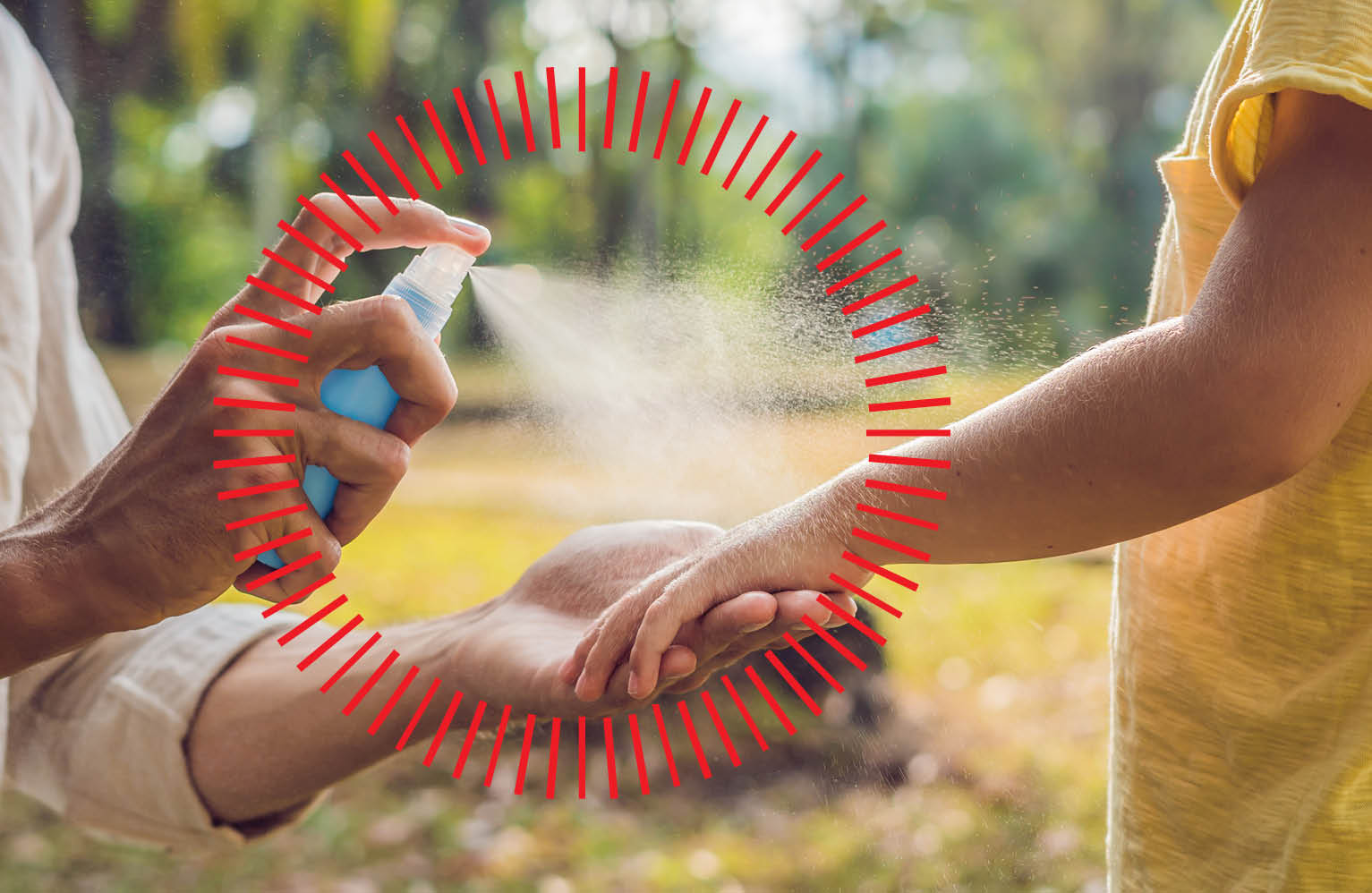
United States Environmental Protection Agency (EPA)
National Pesticide Information Center (NPIC)
The Environmental Working Group (EWG)
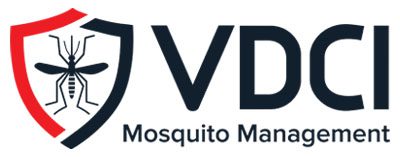 VDCI is a company built on the foundations of public health, ethics, professionalism, and technical expertise. We establish vector management programs that are based on an understanding of the underlying vector’s ecology and rooted in the current science of environmentally sound control measures.We partner with city, county, and state governments to provide public health focused mosquito management programs. When mosquito populations surface, often public health concerns follow. We may be able to help support your goals for a happier, healthier community.
VDCI is a company built on the foundations of public health, ethics, professionalism, and technical expertise. We establish vector management programs that are based on an understanding of the underlying vector’s ecology and rooted in the current science of environmentally sound control measures.We partner with city, county, and state governments to provide public health focused mosquito management programs. When mosquito populations surface, often public health concerns follow. We may be able to help support your goals for a happier, healthier community.

